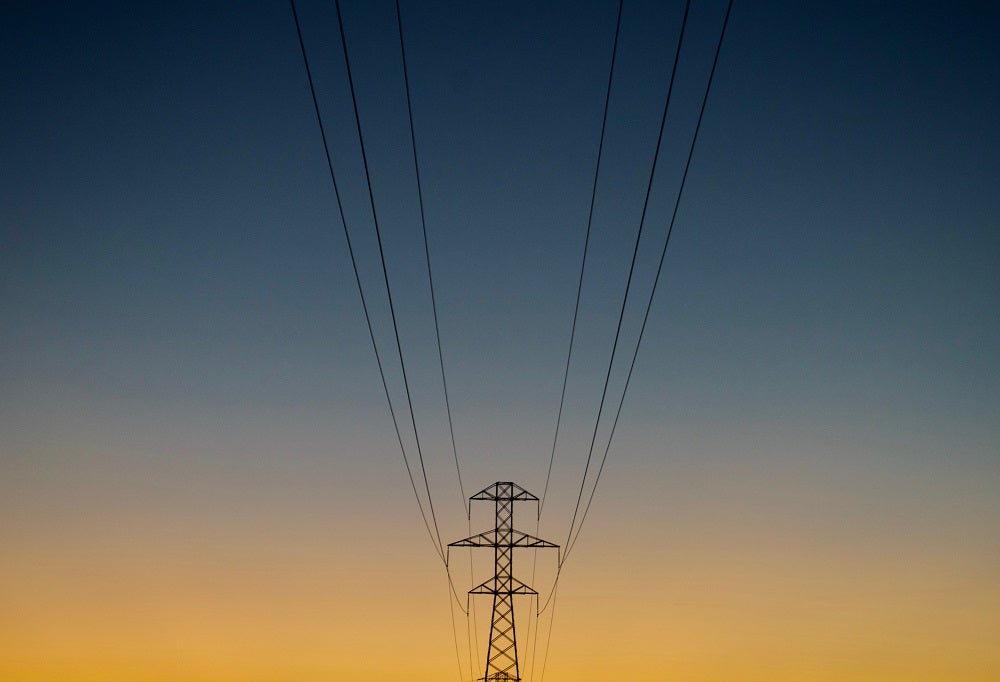
A rapid switch-off of coal power in South Africa would be “economically crippling” and negatively impact hundreds of thousands of people, according to a prominent trade association.
While acknowledging the “growing public concern” of coal’s impact on the climate, Roger Baxter — the chief executive of Minerals Council South Africa — called for a “just transition” in the move towards more renewable forms of energy being part of the country’s energy mix.
He was speaking to delegates at a conference in Cape Town, where the energy transition has been a key issue, alongside the troubles of domestic power supplier Eskom.
Earlier in the week, South Africa’s energy minister hinted at reforms allowing miners to generate their own electricity supply — a move that was welcomed by industry leaders.
Baxter said: “When we refer to a just transition, we mean that there are technical, social and economic grounds for a gradual, rather than an immediate move away from coal.
“So much of what South Africa produces is connected to coal. It is the largest component of mining by sales value and is a critically important source of the primary energy that drives the economy.
“The sector employs close to 100,000 people and almost double that number has indirect employment as a result of coal mining.”
Coal phase-out in South Africa would have ‘significant’ economic impact
The Minerals Council counts 17 coal mining companies among its membership, and while acknowledging the necessity of integrating cleaner energy sources into the mix, says coal will remain relevant for the “foreseeable future” as a result of newer power plants coming on-stream, and the impending closure of older power stations with large emission footprints.
Last month, Germany moved to phase out all domestic coal power by 2038 at the latest — agreeing €40bn in compensation arrangements with the coal industry to do so.
Looking at this course of action, the Minerals Council suggests South Africa is not prepared for such an extreme policy shift, pointing out that the reparations figure planning in Germany for affected coal workers is greater than South Africa’s combined annual expenditure on health and education.
In a statement, it added: “In countries where policy decisions have been made to eliminate coal power, compensation for this loss of revenue to affected businesses and communities is significant.”
Energy minister points to forthcoming electricity self-generation reforms
One of the biggest topics under the spotlight in South Africa at the moment is the problem of power cuts and enforced “load shedding” by the state-owned electricity supplier Eskom.
Capacity shortage and infrastructure failure have dogged the utility firm for a number of years, although problems intensified in the past year, leading mining industry groups to demand sweeping regulatory changes to allow for greater self-generation of electricity by miners.
Earlier in the week at the 2020 Mining Indaba conference, mineral resources and energy minister, Gwede Mantashe hinted at such reforms being made a reality — widening the scope for mining firms to generate their own power and reduce their reliance on Eskom’s troubled services.
He said: “We are in the process of gazetting a revised Schedule 2 of the Electricity Regulation Act, which will enable self-generation and facilitate municipal generation options under ‘distributed generation’.
“This will help close the energy gap caused by deteriorating Eskom plant performance. Depending on the circumstances, the generation plant may only require registration and not licensing.”
The MCSA said it was “pleased” to hear the minister’s comments, and reiterated its call for such legislation to be fast-tracked, allowing for more than 600 megawatts (MW) of solar projects currently in the pipeline to help the mining industry lower its existing carbon footprint.
Anglo American chief weighs in
Mark Cutifani, the chief executive of Johannesburg and London-based mining giant Anglo American, also welcomed the government’s “positive step” during his own remarks to the conference.
He said: “None of us can doubt the impact that rolling power blackouts have on the viability and competitiveness of South Africa’s economy, including our mining industry.
“Load shedding hinders productivity, impacts the functioning of critical equipment and creates a safety risk for our people, especially in underground operations.
“We are very supportive of the South African government’s efforts to deal with the structural problems at Eskom, but more needs to be done and there is no better place to start than by drastically streamlining regulatory processes to enable the establishment of self-generated power that can supplement Eskom’s constrained capacity.
“There are several pilot projects in the pipeline already, including our large-scale solar PV project for the Mogalakwena PGMs Mine, and our role in helping develop the 100MW Kathu Solar Park in the Northern Cape.
“Creating a supportive environment for projects such as these can immediately add additional power to the national grid, ease the burden on Eskom and proactively help develop sustainable energy that industrial users that power the South African economy can rely upon.
“We must act decisively to solve South Africa’s energy crisis to prevent any further loss of momentum for the country’s economy.”






